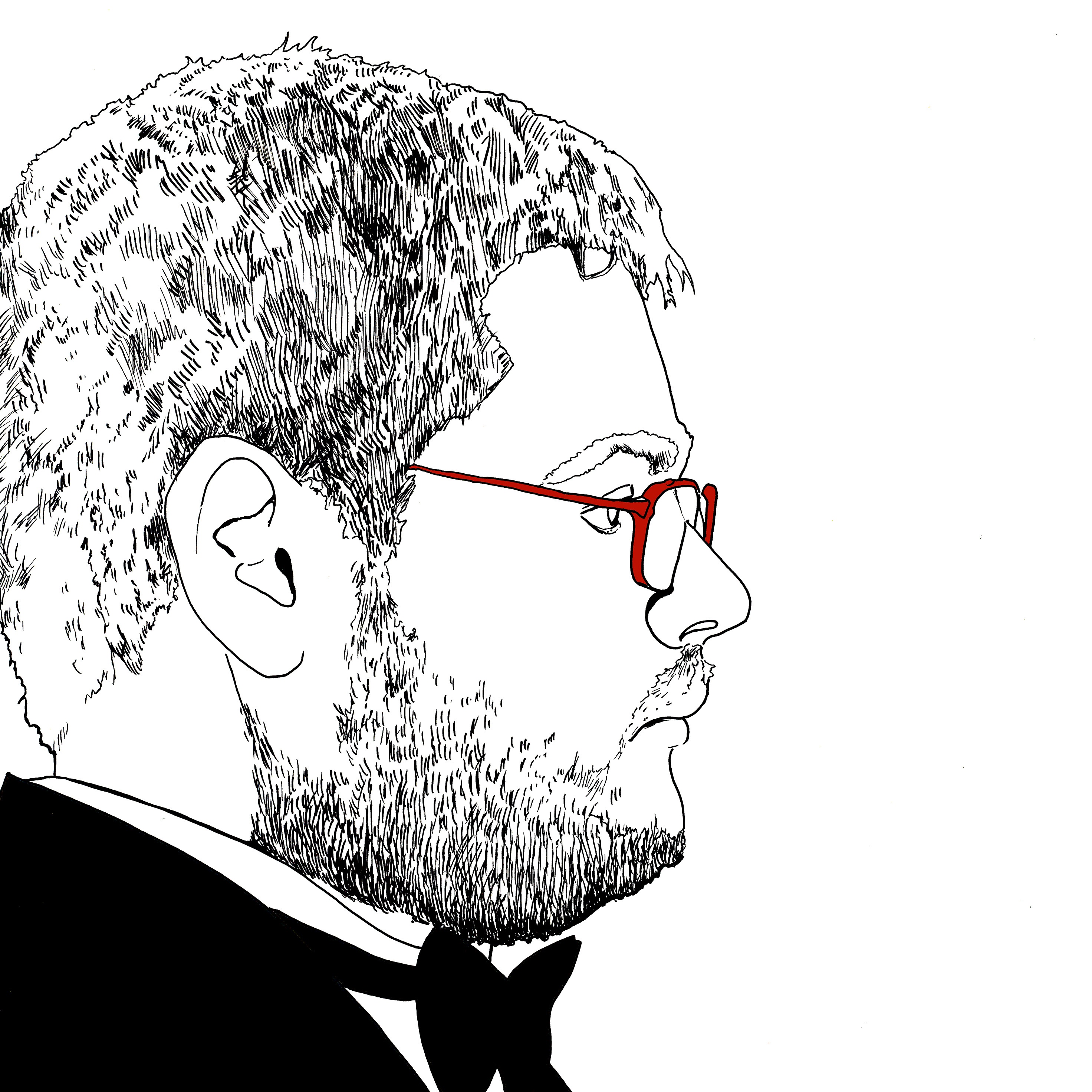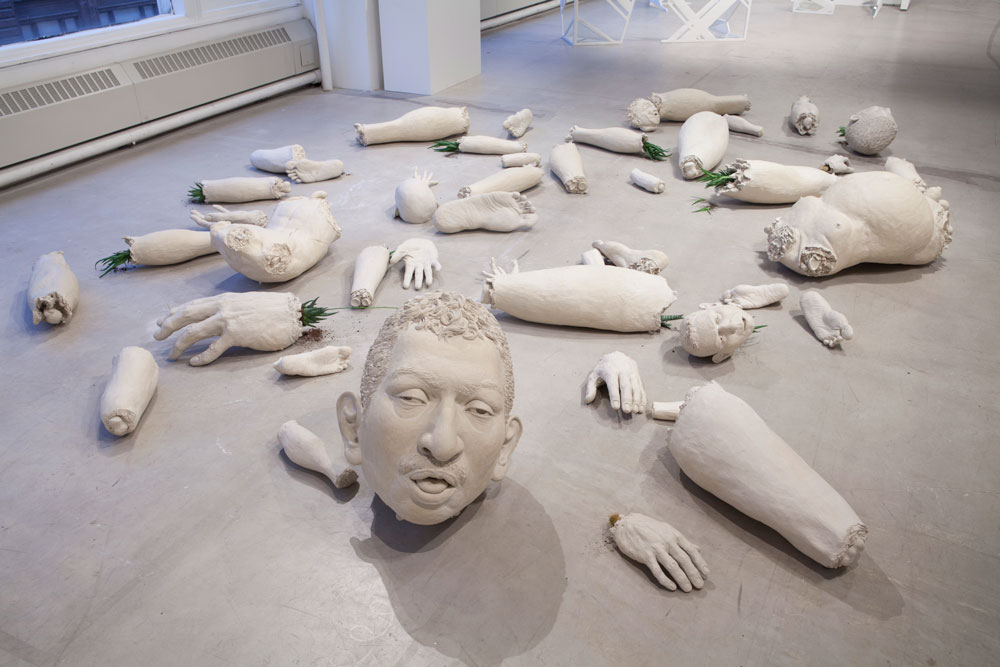The resurgence of this term may very well have to do with the tense economic conditions. In 2011, The Economist reported that women equal men in getting an undergraduate college degree, but are less likely to find themselves in either high-paying jobs or more advanced education programs (particularly PhDs). This factor, combined with burdensome student loans, increased competition in the workplace, and increasing demands that come with either PhD work or tenure-track positions, makes the MRS look like a very attractive option for women. From one perspective, fewer women in the workplace, especially in higher paying positions, could correct the economic downturn. The reason for the resurgence of the MRS may be one that supports the frustrations of both sexes, and for it to take a hold on American culture, it has to have a certain amount of resonance. The Economist article concluded that these workplace and education disparities are not uniform across the world, and that “the choices [to be in the work place, or to pursue more competitive educations] have little to do with ability and may well be influenced by ingrained stereotypes.”
A study by Yale University of its own institutional gender gap revealed that, while completion of undergraduate degrees is equal among men and women, admission to, and completion of, PhD programs is lopsided in favor of men. More disconcerting is the revelation that only 29% of Yale’s tenured faculty are women, which supports the theory that the higher you move in academia, the more incredible the gender gap becomes. Overall in the US, the number of women achieving the status of PhD has increased, and yet there remains a huge gender gap amongst tenured faculty nationwide. An article in USA Today written by Jeanne Zaino, a professor of political science at Iona College, identifies the tenure system as being detrimental if not fatal to women’s academic careers. “Women who choose to be professors and want to lead our universities into the future should not have to choose between tenure and family,” says Zaino. With the average age of a graduating PhD student at 34, prime tenure years fall in one’s mid-to-late 30s — prime child-bearing years. For many women, they feel they have to choose between having an academic career and having a family, a decision that male academics are largely excluded from. While many universities and colleges are making minor adjustments to their tenure system, it will take decades, if not a century, to cause the sea change necessary to affect academic and social change.
For students at SAIC, these might all seem like issues far removed from the pressing concerns of term projects and overwhelming reading assignments, but the specter of the MRS degree looms large over art schools. A study, titled “What’s it Worth? The Economic Value of College Majors,” assembled by the Georgetown University Center on Education and the Work Force, re-established the tired cliche that Fine and Studio Arts majors are among the most chronically underpaid degree-holders in the U.S. — the median income for studio and fine arts majors hovers between $40, 000 and $45,000 per year, with women forming a significant majority of the student population (between 63-77%, depending on the program). Female fine arts students then become the perfect butt of the MRS degree joke — how else does one pay off those significant student loans, and live an aesthetically pleasing life? It behooves the student body then to hold no student in contempt for his or her attendance, regardless of a stated (or presumed) motive for being there. Similarly, it behooves the administration of the school to continue to uphold its oath to equal employment opportunities, and ensure that a gender balance remains among full-time faculty. An explicitly stated parental leave policy wouldn’t kill anyone, either.
Back to the MRS degree — a term that so magnificently pulls the rug out from under any woman who chooses both education and domesticity, while hinting to others that it’s an “either/or” situation. It implies that female intellectuals aren’t entitled to certain personal fulfillments, and that women, as mothers or spouses, are not entitled to a (legitimate) education. Banish it from the lexicon, please.







